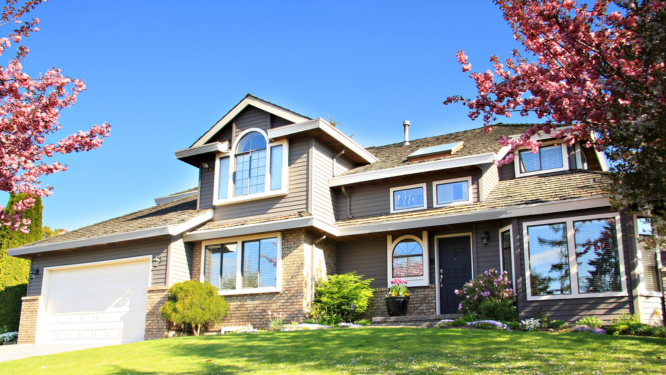
For most Americans, buying a home for the first time is a financial balancing act. You’re likely weighing your resources to make certain you’ve planned properly for a down payment, closing costs, and a monthly mortgage payment. But the first financial step toward making it all happen is presenting an offer with earnest money. In this post, we’ll help you get a full understanding of that first step, and how to avoid a misstep that could mean the difference between getting the home you want or having your offer rejected by the seller. Earnest money, also known as a good faith deposit, is the funds that a buyer puts down to show that they are serious about purchasing a piece of real estate from a seller. The buyer typically gives 1% to 3% of the sales price as an earnest money deposit (EMD). However, these percentages vary depending on the housing market, local economy, and supply and demand in the area.What is earnest money in real estate?



